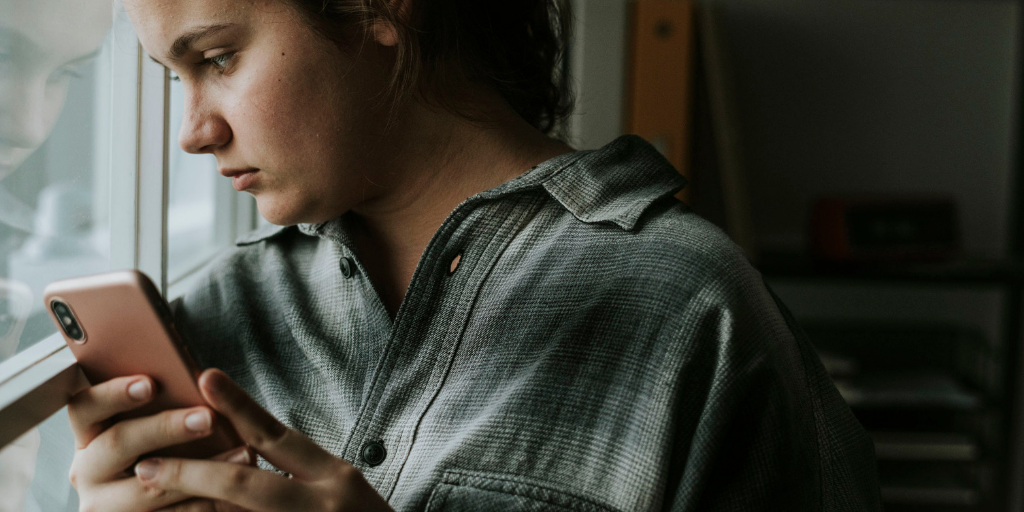When A Tweet Isn’t Just A Tweet
I wrote an article a few years back about how Eddie Murphy’s death had been reported on social media via Twitter. It was, of course, a hoax and one that had been shared several times before. I can’t tell you how many times Mr. Murphy died via Twitter. What I CAN tell you is that he isn’t the only one to have suffered the fate. Artists like Carlos Santana, Axl Rose, and Bono have all “fallen” to the hands of the fake death treatment. Untold actors and politicians are also easy pickings for the type of people who like to start rumors and get the ball rolling in an unfortunate direction. The question I have is two-fold. First, why?
Why Report A Fake Death?
Falsely reporting the death of a famous individual has been an issue since LONG before Twitter, Facebook, and other online social media platforms were a thing. Famous folks like Paul McCartney, Alice Cooper, and Bob Hope could all have warned today’s celebrities of the inherent risks of fame as it relates to one’s passing. Each was reported dead by various outlets such as magazines, newspapers, etc. Of course, most of these reports were accidental. So what changed? Why did people suddenly decide it’s okay to mess with the emotions of fans and followers?
Really, it comes down to connectedness. Social media has allowed an adoring public to develop an even closer connection to celebrities than ever before. We have the opportunity to reach out, connect, and even possibly interact with actors, politicians, sports superstars, and more. People who once seemed out of our everyday sphere of connection may now seem like they are part of our close circle. That being said, emotional ties to these people can be that much stronger. Strong ties, however, can leave us emotionally vulnerable.
Cue the trolls…
Some people thrive on conflict. Whether the conflict is driven by fanning the flames of hatred or it’s the internal conflict that comes from mourning a loss. Internet trolls (people who actively seek to cause online conflict) will often seek to cause this sort of conflict. Some think it is simply funny. Some get a rise out of it. No matter what they are getting from it, though, we know the damage it can do. The question then becomes, what can we do to mitigate this type of behavior?
Some social media users have been reporting these posters to the platform – whether it’s Twitter, Facebook, etc. Others simply ignore the trolls’ posting. Yet others will respond to the fake death tweets with a great deal of vitriol for the individual posting the fake news. This last type of response is probably the worst thing you can do, however. Getting conflict stirred up is exactly what many posters of fake celebrity deaths are really looking to do. When you jump on and respond to them, it simply fuels the flames.
So what should you do? Report the posts, tweets, etc. And then ignore it. There is, unfortunately, enough death in our world these days. Allowing the reporting of fake deaths to tie up any of our time online is simply not worth it. If we can get most social media users to jump onboard with ignoring these folks, imagine how frustrating that would get for the trolls? No one to give in and comment on their attempts to bait us into commenting… Maybe then we could get back to the days when incorrect reports of celebrity deaths were simply typos or accidental in nature. Maybe then we could turn our time and attention online toward bigger and more important issues.

